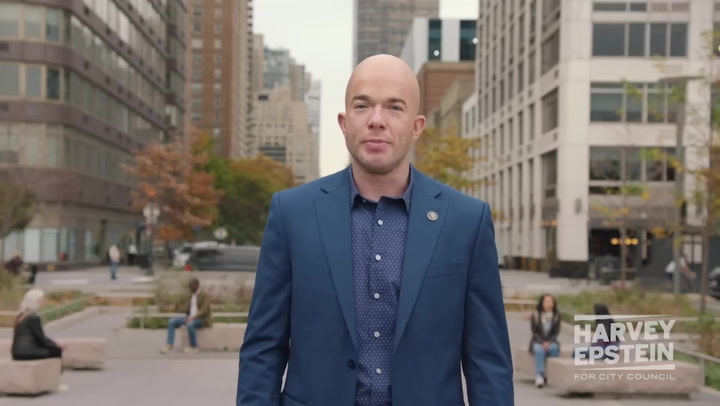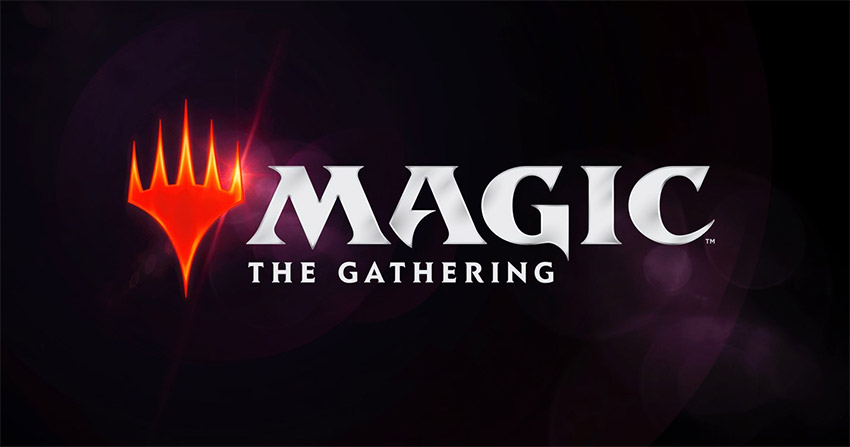
Magic: The Gathering, a premier trading card game, has continuously evolved since its inception, marking over three decades of compelling gameplay and community engagement. Recently, players have raised concerns that the developer, Wizards of the Coast (WOTC), prioritizes short-term profits over the game's longevity. However, recent interviews with key developers have shed light on the company’s commitment to ensuring the game's vitality for years to come.
Understanding Players' Concerns
For many loyal players, changes like the rapid introduction of new products and collaborations with popular franchises have sparked a sense of unease. These changes often lead to fears that the foundational aspects of the game are becoming overlooked as WOTC chases immediate sales. Having faced backlash over high-profile partnerships, such as the collaboration with 'The Walking Dead', players worry that the essence of what makes Magic: The Gathering special may be compromised.
Mark Rosewater, head designer at WOTC, acknowledges these concerns but staunchly defends the company’s strategy. He asserts that the narrative of prioritizing short-term gains does not hold up when weighed against the internal data and player feedback WOTC collects. It’s crucial for the developer to incorporate the community's voice while also navigating the business landscape laid out by parent company Hasbro.
Additional Perspectives from WOTC
During a recent discussion, Rosewater emphasized that their main objective is not merely to cash in quickly but to foster a game that can thrive in both the current landscape and future generations. He noted, “Magic is a game all about change,” showcasing the necessity of evolving and updating the game in ways that may not always align with every player's preference.
Ken Troop, the Global Play Lead on Magic, further expanded on this point, stating that change is integral to avoid stagnation and to keep the game alive. Troop remarked, “We really do try to look at what's going to make Magic have its best chance of lasting for a very long time.” This vision reflects a philosophy rooted in stewardship and community engagement rather than a mere pursuit of profits.
Data-Driven Decisions
WOTC employs a wide range of data to measure success, not only limiting its metrics to sales figures but also considering player participation, market engagement, and feedback from surveys and studies. Rosewater pointed out that although specific products may spark mixed reviews initially, they often lead to long-term success. An example he highlighted was the successful release of the 'Walking Dead' themed cards which, despite early resistance, became one of the top-selling Secret Lair products.
This data-driven approach allows WOTC to adapt and respond effectively to player feedback. Troop remarked how they quickly eliminated unsuccessful products, citing the cancellation of the 'Aftermath' set based on clear indicators from player response. “When we see something that clearly isn’t resonating with players, we don’t hesitate to make adjustments,” he noted.
The Role of Tradition and Innovation
Magic: The Gathering's core ethos hinges on balancing tradition with innovation. Players often express nostalgia for the game’s classic elements, which creates resistance to newer concepts introduced. However, WOTC encourages players to embrace change as a vital aspect of what makes the game engaging and relevant. Rosewater mentioned that many success metrics for Magic are based on tangible player enjoyment, not just immediate revenue outcomes.
Concluding Thoughts on Magic's Future
As Wizards of the Coast continues to navigate the evolving landscape of the gaming industry, the commitment to a long-term vision remains clear. While financial sustainability is crucial, the heart of Magic: The Gathering lies within its community of players and the innovative direction the game takes in response to their feedback.
Looking toward the future, both Rosewater and Troop underscored their dedication to ensuring Magic: The Gathering thrives for decades to come. They believe the data supports their approach, and their focus is on fostering a gaming environment that respects the past while welcoming new changes to create an enriching experience for all players.
In conclusion, the fears surrounding Wizards of the Coast's focus on short-term profit seem unfounded when contextualized against their long-standing commitment to the game's future. Through data-backed decisions and a willingness to adapt, WOTC aims to not just make Magic: The Gathering a successful product but a beloved legacy for new generations of players.



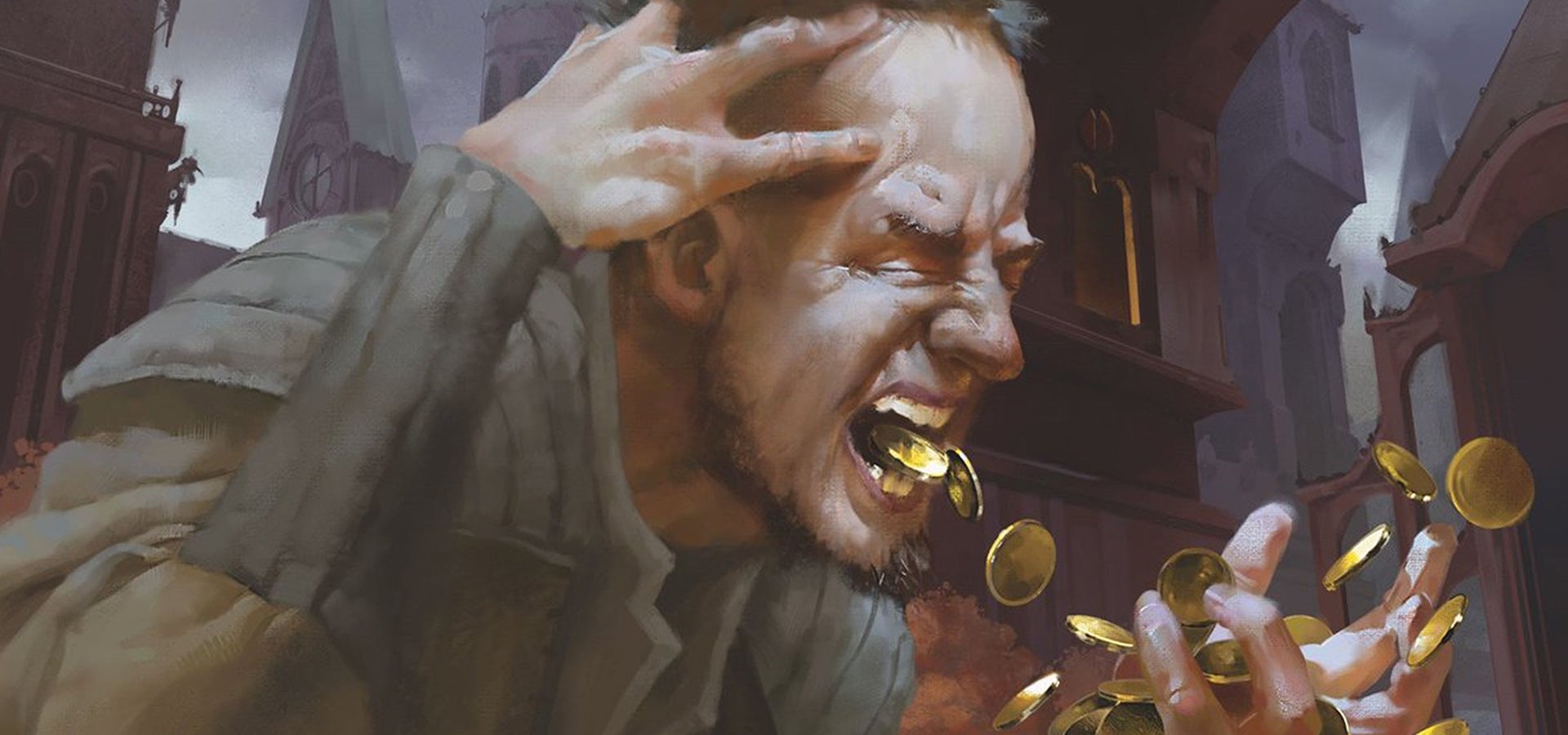
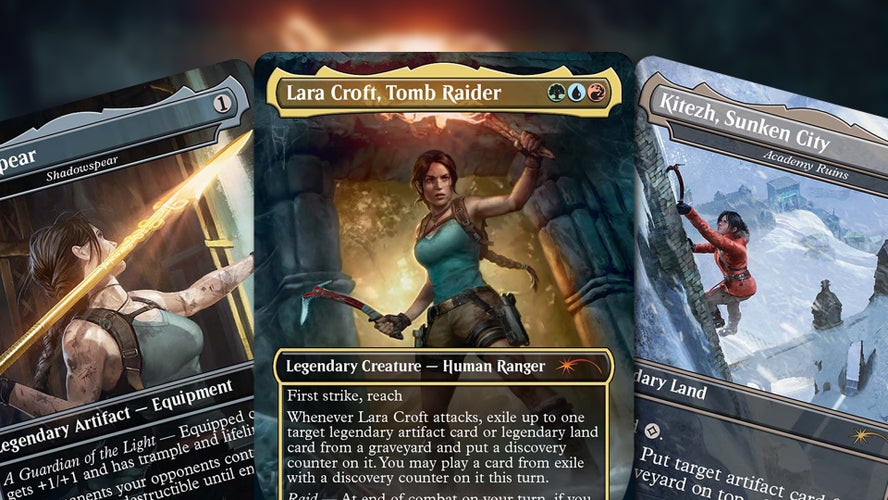
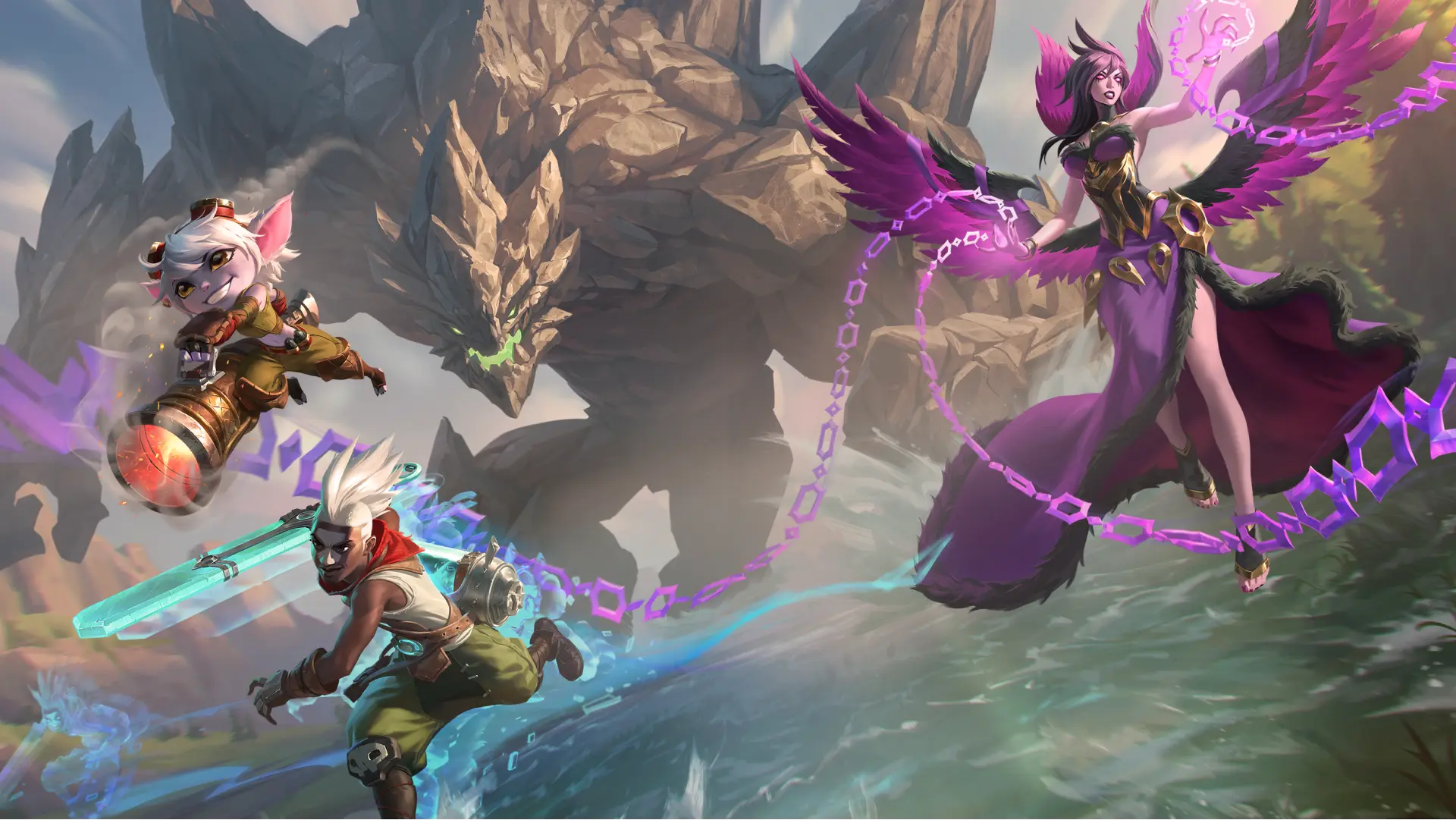
.webp)

